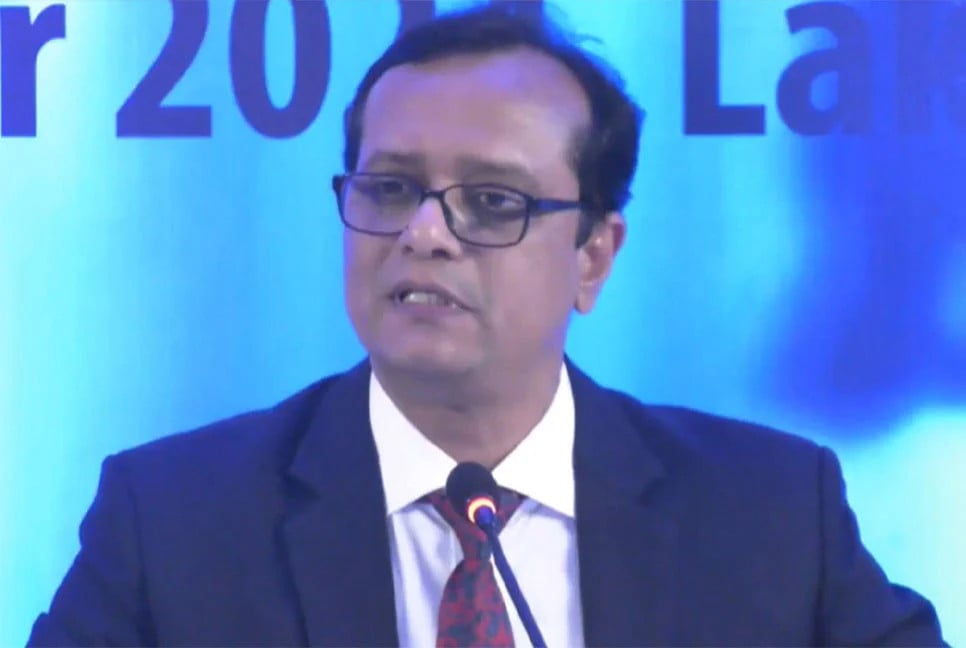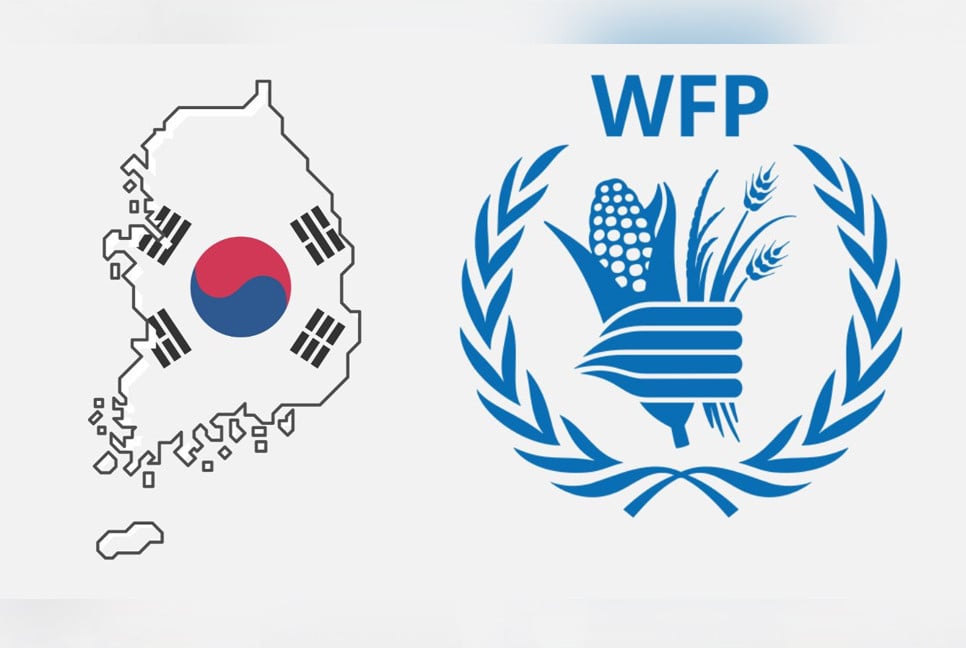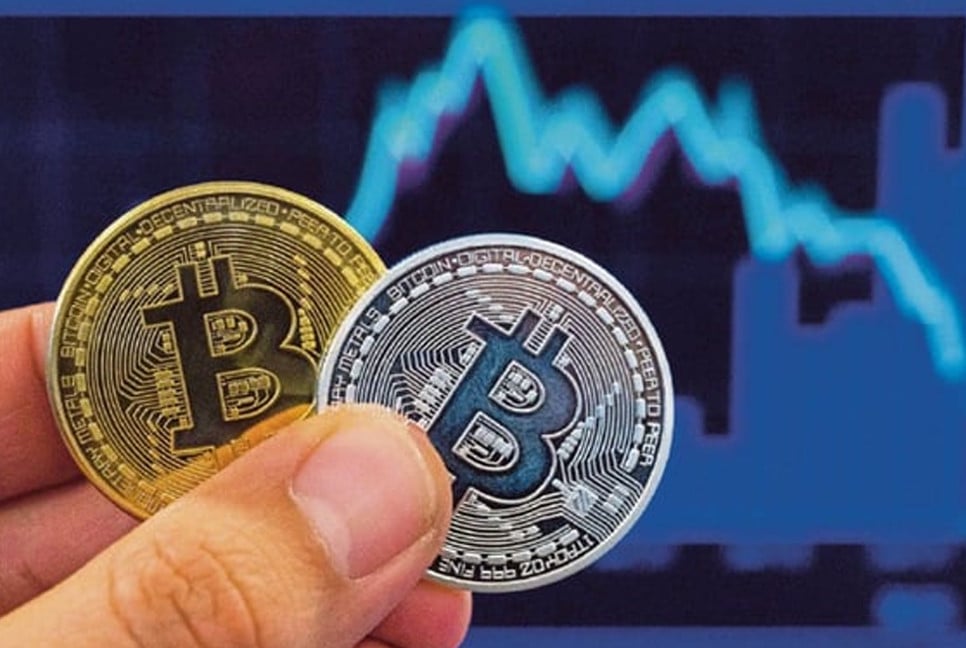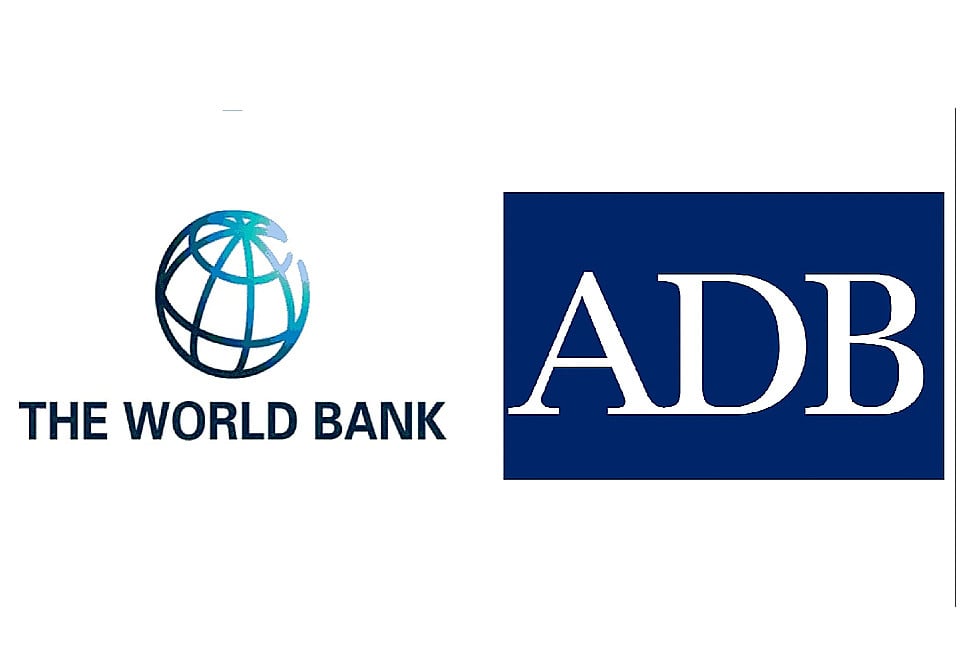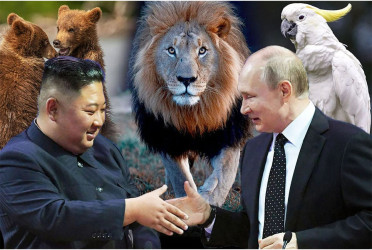The United Nations forecast on Wednesday that global economic growth will fall significantly to 1.9 per cent this year as a result of the food and energy crisis sparked by the war in Ukraine, the ongoing impact of the COVID-19 pandemic, persistently high inflation and the climate emergency, reports UNB.
Painting a gloomy and uncertain economic outlook, the U.N. Department of Economic and Social Affairs said the current global economic slowdown “cuts across both developed and developing countries, with many facing risks of recession in 2023.”
“A broad-based and severe slowdown of the global economy looms large amid high inflation, aggressive monetary tightening, and heightened uncertainties,” U.N. Secretary-General Antonio Guterres said in a foreword to the 178-page report.
The report said this year's 1.9 per cent economic growth forecast — down from an estimated 3 per cent in 2022 — is one of the lowest growth rates in recent decades. But it projects a moderate pick-up to 2.7 per cent in 2024 if inflation gradually abates and economic headwinds start to subside.
In its annual report earlier this month, the World Bank which lends money to poorer countries for development projects, cut its growth forecast nearly in half, from it previous projection of 3 per cent to just 1.7 per cent.
The International Monetary Fund, which provides loans to needy countries, projected in October that global growth would slow from 6 per cent in 2021 to 3.2 per cent in 2022 and 2.7 per cent in 2023. IMF Managing Director Kristalina Georgieva said at last week’s World Economic Forum in Davos that 2023 will be a difficult year, but stuck by the projection and said “we don’t expect a global recession.”
Shantanu Mukherjee, director of the economic analysis and policy division of the U.N. Department of Economic and Social Affairs, highlighted the growing income inequality in the world at a news conference launching the report.
Between 2019 and 2021, he said, average incomes for the top 10 per cent rose by 1.2 per cent while the incomes of the lowest 40 per cent fell by 0.5 per cent.
“The top 10 per cent now earns on average over 42 times what the lowest percentiles” earn, Mukherjee said.
According to the U.N. report, this year “growth momentum has weakened in the United States, the European Union and other developed economies, adversely affecting the rest of the world economy.”
Bd-pratidin English/Tanvir Raihan


